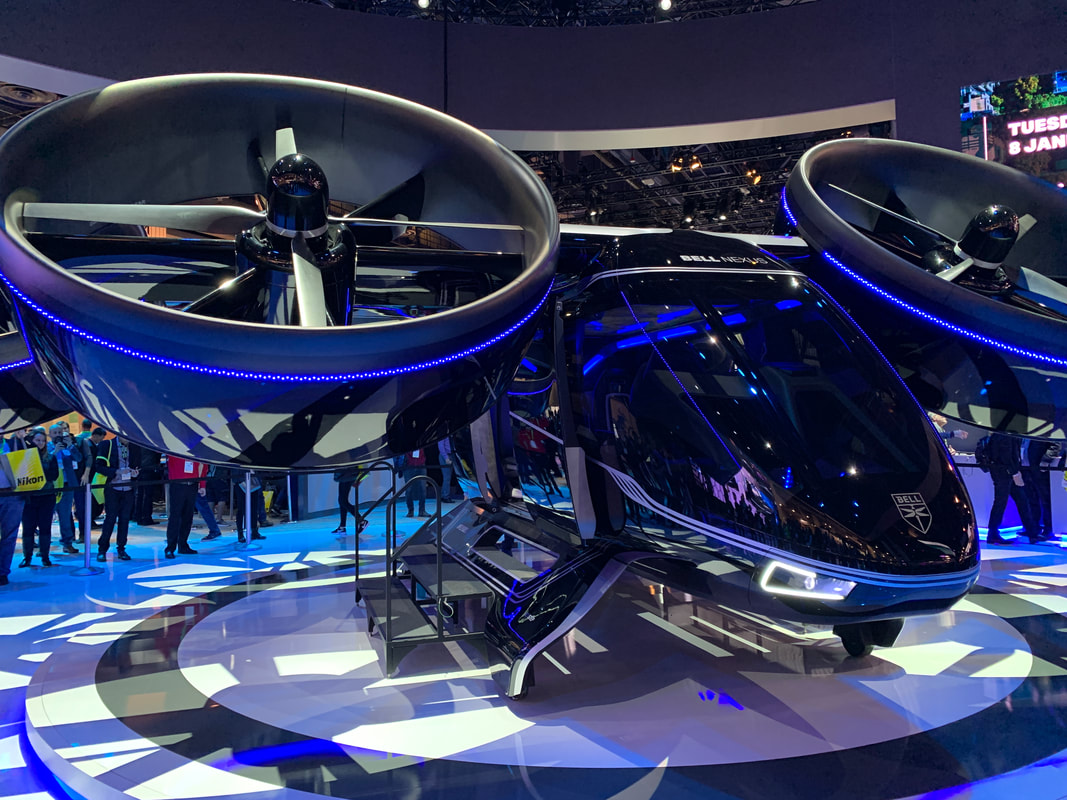|
Every January brings with it the Consumer Electronics Show (CES) in Las Vegas. Bringing in an estimated 180,000+ people, it’s one of the biggest technology shows in the world with all kinds of tech companies ranging from small startups to big brands showing off their best tech and ambitions for the coming year. Through all of the spectacle, flashy lights, and gadgets, the show also offers a deeper insight into industry trends, emerging technology, and future shifts. The 2019 show saw a lot of “more of the same” but the key difference this year seems to be most of these trends are ready to go (and many partnerships with Amazon, Google and Apple exist). Here are my key takeaways: 5G — The Key Future Ingredient 5G networks are here with the first US network to go live in the next couple of months. This new cellular standard has plenty of people buzzing (including me) that this is the next big thing to bring around a large incremental step in technological advances — in the same way that 3G enabled the rise of the Smartphone. The lightning-fast networks will change how telecommunications shapes business and consumer behavior. 5G isn’t an incremental bump to cellular network speeds, it can provide ten times faster speeds, fifty times lower latency, and a tenfold advantage in terms of the number of connected devices it can support, it’s a triple whammy. This has massive implications not just for the mobile phone industry — who definitely see it as the next big thing — but also with commercial and industrial IoT, self-driving vehicles, health, and Smart City initiatives. AT&T, T-Mobile, and Verizon made big announcements on their 5G networks (some of them “fake” 5G) while Sprint, Intel and Qualcomm announced a range of devices for mobile devices, vehicles, and laptops. Voice — everywhere In the last two years of CES, Google and Amazon have really shown up, pushing their personal assistants and voice-controlled devices both inside and outside the show floor at various booths and displays, signaling that digital assistants haven’t just reached the mainstream but are becoming ubiquitous. There were no remarkable announcements made at CES but given the rapid year of adoption we have seen with Alexa, Google (and Siri and Cortana to a lesser extent), it is definitely prime time for Voice based computing. I saw plenty of smart home products and consumer partnerships with Google and Alexa. Every product seemed to have a voice assistant, including Cars… Vehicles As we noted in at last years Show, cars are now front and center at CES and the transportation industry is now firmly part of the tech industry. Ford, Mercedes, Toyota, Nissan, Kia and just about every other major car manufacturer have lavish booths and futuristic designs on display at CES and are occupying more and more of the showroom floor each year. But even in Vehicles, Google and Amazon are there and it seems to be the next major competitive arena for Voice Assistants (Editors note: Yes I have already pre-ordered my own Alexa Car Assistant). Lyft was also at CES in a partnership with Aptiv, providing self-driving transportation experiences at the conference and BMW was providing real and virtual test drives - I got to drive an M5, X7, and an i8 Byton! Seemingly out of nowhere (well OK, they were at CES last year). They are one of the few automotive/EV companies trying to totally re-imagine what the inside of a car should look like if and when they become fully autonomous right now — their current iteration involves at least 5 touchscreens, including one that spans the entire windshield. And we can’t talk about vehicles at CES without also mentioning the flying kind. Uber’s has a big air taxi initiative with Bell Aerospace unveiling the latest prototype of the Nexus VTOL aircraft called Elevate (aka the Uber’s air taxi) The prototype on display isn’t operational, but Bell hopes to begin testing in 2020 and are working with the FAA to develop all the relevant regulations!
0 Comments
Leave a Reply. |




